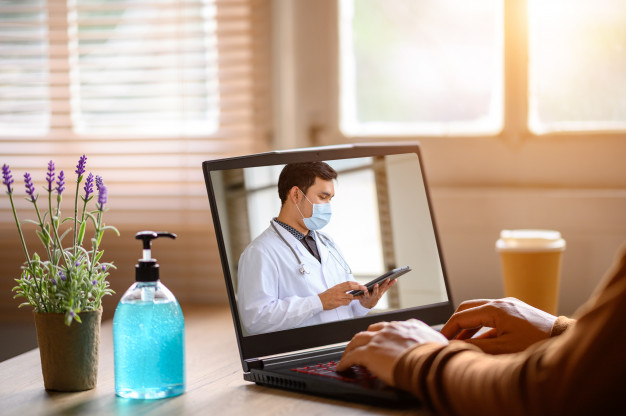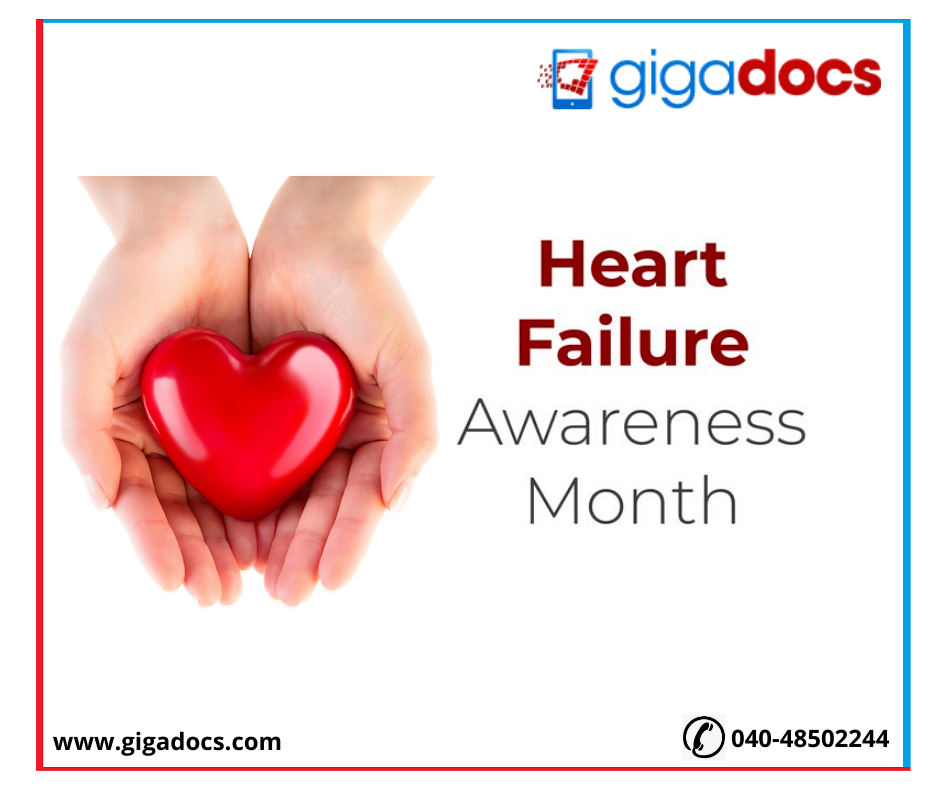The current COVID-19 pandemic with over 4 million active cases has rapidly altered general healthcare practices changing the way health-care is accessed and delivered to ensure coronavirus infectivity is restricted to a minimum. One of these changes is increasing the ability for general practice consultations to be conducted via telehealth consultation (Phone Consult), or as a Virtual Consultation (Video Consultant).
The shift in healthcare delivery towards increased use of telehealth consultations is to enable general practices to better support their patients during this time of crisis. Virtual consultation offers considerable assistance in alleviating pressures on stretched Medicare services. Besides the benefits of speaking to a digital doctor over telehealth or a virtual consultation include-
- Reduces the risk of cross-infectivity.
- Helps to consult a Digital doctor at a time convenient to you.
- Works well for mental health advice, follow up appointments
- Does not restrict geographical boundaries, enables you to seek specialist digital doctor consultation from anywhere.
Virtual Consultation- Best Technology for every Patient
A medical practitioner needs to choose the best telemedicine consultation technology that will suit their patients depending on their medical condition, the different types of telemedicine consultation which your digital doctor may choose include-
- Video Consultation
- Audio Call
- Text messages
Patient consent to share their medical records in electronic format is an important aspect of Telemedicine consultation. Medical consent is implied if a patient initiates the consultation either on the video or on call. The patient needs to give explicit consent when a caregiver or a medical practitioner initiates the virtual consultation.
This explicit consent can be recorded in either an email, text or audio/video message initiated by the patient. Also, a patient can share his/her intent on phone/video to the Digital Doctor before the beginning of the Virtual Consultation.
Suitability of a Virtual Medical Consultation
Telemedicine consultation can generally be applied in the following situations-
- Telephone or video consultation protects in cases of comorbidities and senior citizens, at a high-risk COVID-19 vulnerable group.
- Follow-up health-check-ups, with regular prescriptions for medicines.
- Stress- and Psychological consultations that need counselling.
- Routine chronic disease check-ups, especially in cases where the patient has his/her vitals like BP, steps walked, pulse rate recorded to be shared on a live virtual doctor consultation.
Telephone Consultation with Doctor
Telephone consultations are suited to patients for single-issue concerns, generally for new problems, making them shorter than equivalent face-to-face consultations. Phone consultation doctors are non-personal and suitable in-
- Any patients, who are experiencing infectious illness or seasonal cold or flu symptoms.
- Cases where the patients do not need a physical examination, when repeated medicines are prescribed and in mental health consultations.
Video Consultation Doctor
Virtual consultations allow digital doctors to view patients, who can help to wound management. Video consultations are suited to conditions when a medical examination is needed which may assist in determining if the patients look unwell, given a physical examination cannot be conducted.
For some patients, a video consultation may be more appropriate when-
- In a case where the patient suffers from hearing disabilities, a video consultation will help them to lip read the consultation of their digital doctor.
- Childhood immunizations and flu vaccines.
- dressings and wound care.
- In cases of an injury, skin check, or a cervical screen, which needs a medical examination.
Face to Face Consultation
There are extreme cases, where telephone or virtual consultations do not work, and in personal or face-to-face consultation must be sought, with strict social distancing measures being followed along with the adoption of face masks, in cases where-
- Assessing potentially serious, high-risk condition patients particularly with chronic diseases like hypertension, cardiovascular or renal diseases, who are unable to self-monitor themselves.
- When a physical/internal examination is required like in cases of pregnancy to support clinical decision making
- When a patient cannot communicate his/ her condition over a telephone or a video consultation or in cases where there is no care-giver to assist them during the virtual consultation, adversely impacting patient safety and clinical quality.
- In cases, where the patients feel they need to consult their doctors face to face after telephone or video consultations don’t show any medical improvement in the patients’ condition.
Telephone and Video Consultations related to COVID-19
COVID 19 vulnerable patients should use Telephone and Video consultation with their Digital doctors when-
- Their clinician is self-isolating or is in a vulnerable high-risk group due to their age or medical conditions.
- The patient is self-isolating or is in a vulnerable high-risk group due to their age or medical conditions.
- The patient is a resident of an aged care facility, with support staff who can help them with audio and video consultation.
- The patient is anxious and requires additional reassurance from their Digital doctors.
- Your area is a COVID-19 high-risk zone, which has reported a very high number of Coronavirus cases.
Precautions to be followed during Virtual Medical Consultation
Users must follow these strategies to reduce the risk of missing or omitting important information, including:
- Asking open-ended questions from your Digital Doctor to gather information which assists with clinical decision making.
- Finding communication, language channels which help in avoiding medical or technical jargon.
- Seeking specialist assistance on how to use any home monitoring devices, such as blood pressure monitors.
- Analysing functional symptoms which point to deteriorating health conditions like sleeping patterns, loss of appetitive or stress related neck-pain and headache.
Downloading a Virtual Consultant
Technology has made it possible to consult the Digital Doctor of your choice from the comfort of your home through the Gigadocs app.
Now approaching a Virtual Consultant needs a stable internet connection for a video consultation. Here is how you can book yourself a Virtual Appointment on the Gigadocs, smart practice management app-
- Download the Gigadocs app from the App Store or Play Store
- Check the availability of digital doctors which suits your schedule and date
- Book an appointment with your digital doctor based on their availability and your schedule
- For an accurate diagnosis, your tele doctor needs to view your electronic health records and vitals. Share your consent through email, or a call.
- Once you have made your digital appointment, on the Gigadocs app, you will be mailed or texted your appointment details and a follow- up reminder.
- On the date of your appointment, if your digital doctor is not available due to any medical emergencies, you can consult other doctors available online from a dedicated team of medical professionals registered on the Gigadocs app.
How to download Gigadocs app?
Gigadocs is an intelligent practice management software, curated to manage the complete healthcare of your family offering you customized health record maintenance solutions suited to your requirements. Through its App, Gigadocs offers you E-Healthcare solutions like-
- Digital consultation for you and your family requirements.
- Secure storage of your health records, medical prescriptions in an encrypted format.
- Recording your vitals and enabling you to share them with your digital doctor over a live consultation.
Download the Gigadocs app from here-
- IOS App – apple.co/2W2iG4V
- Android App – bit.ly/33AQoRC
To know more and schedule a Virtual Consultation demo, e-mail, at info@gigadocs.com
Read How Coronavirus May Affect the High-Risk Groups-
- Coronavirus Reinfection
- Asthma and Coronavirus
- Cancer and Coronavirus
- Cardiovascular Disease and Coronavirus
- Diabetes and Coronavirus
- Coronavirus and Liver Cirrhosis, and Transplant
- Kidney patients on Dialysis and Coronavirus
- Obesity and Coronavirus
- Contact Lens and Coronavirus
- Pregnancy Care and Coronavirus
- How to Use, Re-Use, and Dispose Coronavirus protection face Masks




